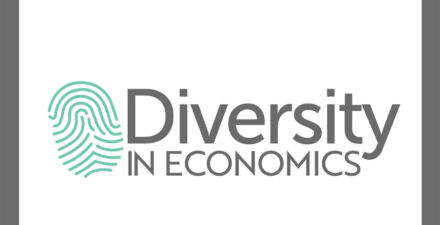College or an equivalent postsecondary credential remain the hallmark of “successful” investment in human capital and preparation for a high-skilled U.S. labor market, yet college access and completion rates are highly unequal by race, family economic background, and other demographic indicators. Moreover, the cost of college has skyrocketed such that student debt burdens threaten to make investments in postsecondary education less economically valuable and less viable for lower-income students than in the past. Equitable Growth is growing the evidence base for how postsecondary education serves as both an accelerator of and a mediator of economic inequalities, and looking for solutions that make lifelong investments in human capital via postsecondary education viable for all.
Featured work
U.S. labor markets require a new approach to higher education
January 14, 2021
January 14, 2021
A college degree is not the solution to U.S. wage inequality
July 20, 2020
July 20, 2020
The rising number of U.S. households with burdensome student debt calls for a federal response
October 21, 2020
October 21, 2020
Diversity in Economics video series uplifts diverse voices and research in economics and social sciences
January 5, 2023
January 5, 2023
Worker power and pay quality for young workers without a college degree in the United States
December 9, 2021
December 9, 2021
Explore Content in Post-secondary Education67
Equitable Growth’s academic research and policy priorities shine through at Southern Economic Conference 2021
December 9, 2021
December 9, 2021
New research shows the importance of worker power for addressing U.S. wage inequality
November 9, 2021
November 9, 2021
A cost-benefit analysis of The American Families Plan’s proposed investment in a nationwide public preschool program
September 22, 2021
September 22, 2021
How Exceptional is American Job Quality? Decent- and Poverty-Pay Rates by Age, Gender, and Education in the U.S., U.K., Canada, Australia, and France*
September 3, 2021
September 3, 2021
Completing the unfinished New Deal to overcome 21st century U.S. economic inequality
August 31, 2021
August 31, 2021
School-to-Work Pathway and Racial/Ethnic Inequality among College Graduates
August 27, 2021
August 27, 2021
U.S. labor markets require a new approach to higher education
January 14, 2021
January 14, 2021
Public investments in social insurance, education, and child care can overcome market failures to promote family and economic well-being
January 14, 2021
January 14, 2021
The impact of a tuition credit program on Pell-eligible student outcomes
August 28, 2020
August 28, 2020
A college degree is not the solution to U.S. wage inequality
July 20, 2020
July 20, 2020
Expert Focus: Leading Black scholars on U.S. economic inequality and growth
June 22, 2020
June 22, 2020
Promote economic and racial justice: Eliminate student loan debt and establish a right to higher education across the United States
February 18, 2020
February 18, 2020
Explore the Equitable Growth network of experts around the country and get answers to today's most pressing questions!
















